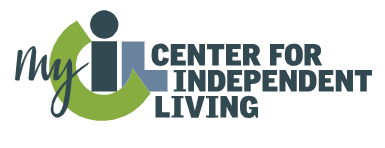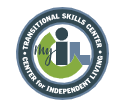When it comes to employing people with disabilities, Wyoming ranks at number 10 according to RespectAbility.
The ranking, which RespectAbility released this past February, uses data from 2017. During that time, over 45 percent of people with disabilities in Wyoming had jobs. In addition, a total of 578 people with disabilities gained employment.
Still Room for Improvement
While ranking 10th in the nation is an accomplishment, there is still work that needs to be done. Specifically, Wyoming residents with disabilities are often underemployed.
What does underemployed mean? When someone is underemployed, they earn less than they should. Or, they don’t work enough hours. The result is people with disabilities aren’t earning a livable wage.
Improving Earnings for People With Disabilities
There are three key ways to help people with disabilities gain competitive employment in Wyoming.
1. Update the Laws to Allow Disability Benefits While Employed
Many people with disabilities lose their disability benefits if they work. Instead of accepting a job, they are forced to decline it. Otherwise, they won’t be able to make ends meet.
Laws must be changed so people with disabilities can have competitive, integrated employment, earn a living wage and retain their benefits.
2. Educate Employers About the Benefits of Hiring People With Disabilities
Aside from changing the laws on benefit eligibility, there are steps we can take at the local level. One step is educating business owners about the benefits of employing people with disabilities.
According to a 2018 study of hiring people with disabilities, employers can experience:
- Improved profitability — Employers of people with disabilities see improved profits thanks to cost-effectiveness in terms of reliability and punctuality, less turnover and better retention, and improved company image.
- A competitive advantage — As companies employ people with disabilities, they attract a more diverse customer base. Along with reaching more customers, they also enjoy greater customer loyalty and satisfaction.
- An inclusive work culture — With an inclusive work culture and ability awareness comes improved company culture.
3. Provide Skills Training
In addition to educating employers about the benefits of hiring people with disabilities, we also need to reach out to those about to enter the workforce.
For example, young people with disabilities need support to explore their interests and strengths. They also need transitional skills building.
By taking steps in the community, we can improve the earning potential of residents with disabilities.





